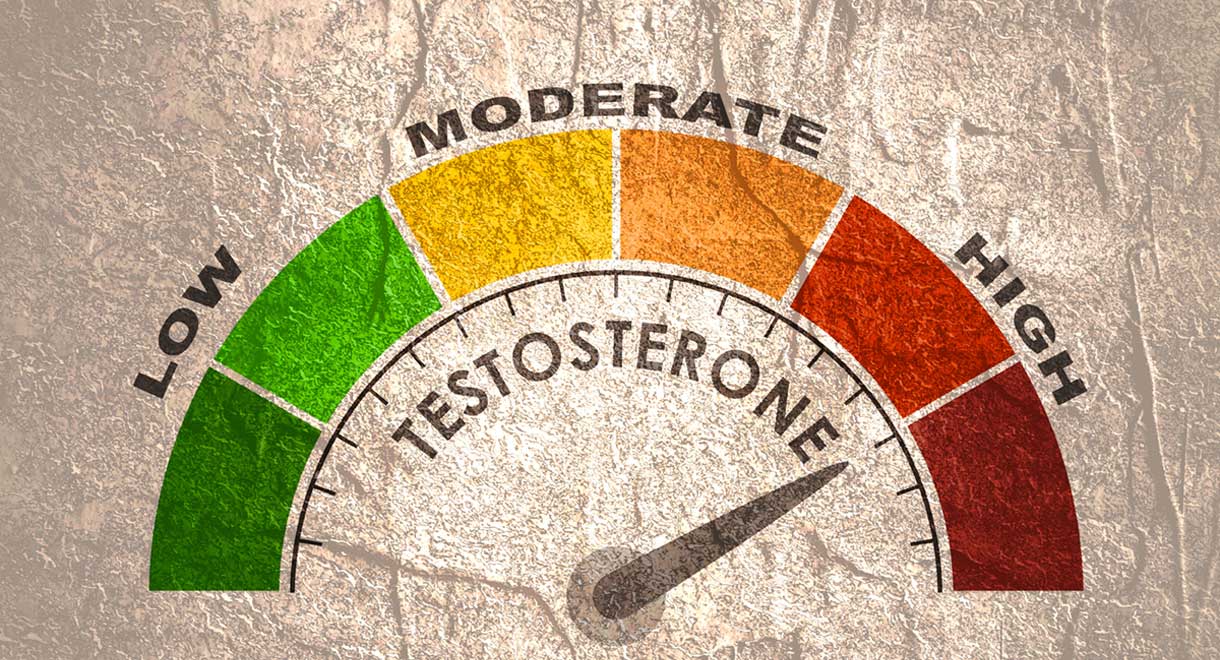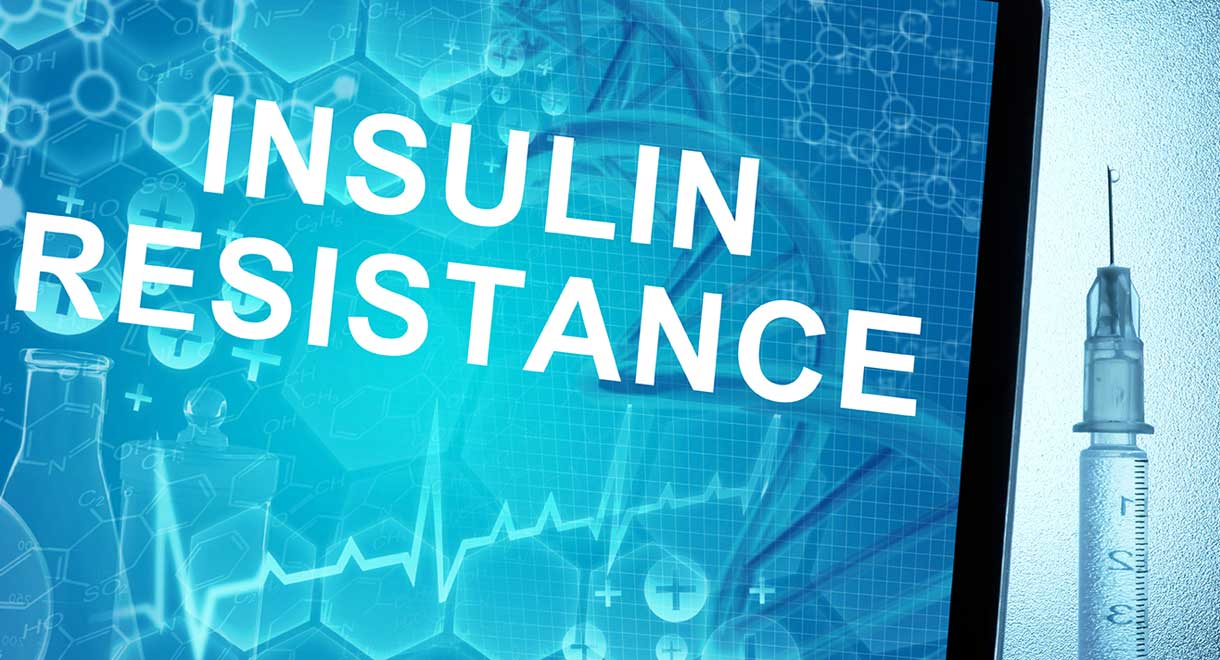What causes menopausal weight gain?
By naturopath Margaret Jasinska
Post menopausal weight gain is a frustrating problem for a large number of our patients. It is definitely easier to be slim in your 20s than in your 50s. Hormonal shifts after menopause definitely do cause changes in metabolism. Knowing what these changes are can make it easier for you to maintain a healthy weight.
The following factors promote weight gain in menopausal women:
- Insulin resistance. This is the hormonal imbalance that makes your metabolism store fat and inhibits it from using body fat.
- Fatty liver. Due to modern high carbohydrate diets, this is almost inevitable once a person reaches their 50s. Fatty liver is caused by insulin resistance.
- Inappropriate hormone replacement therapy with oral forms of potent hormones.
- Stress eating to cope with anxiety, boredom and depression.
- Not cooking healthy home prepared meals, and instead living on toast, sandwiches or cheese and crackers.
- Increased alcohol consumption, and drinking during the week, when one no longer has to be up early each morning to go to work.
- Lack of exercise.
- Increased testosterone.


Increased testosterone
At menopause, progesterone and oestrogen levels fall, while male hormones including testosterone slightly increase for several years. Eventually testosterone also falls as women and men get older. The situation of high testosterone compared to oestrogen and progesterone causes a change in fat distribution in women. They change from an hourglass body shape to a squarer shape with a thickened waist and more fat on the upper body. The higher testosterone tends to also cause increased facial hair and loss of scalp hair, particularly at the front and sides.
Taking hormone replacement therapy (oestrogen and progesterone) can have a slight anti androgen effect in menopause and improve insulin sensitivity. Oestrogen therapy directly improves insulin sensitivity and lowers testosterone by raising sex hormone binding globulin (SHBG), the protein that binds with and inactivates testosterone. Progesterone also helps improve insulin sensitivity by stimulating metabolic rate and lowering testosterone.


Insulin resistance
Insulin resistance means that the body gradually becomes resistant to the effects of its own insulin. The body compensates for this, by producing more and more insulin, resulting in excess levels of insulin in the blood. Insulin is the hormone that is produced by the pancreas to control the metabolism of sugar and fat in the body.
High levels of insulin are undesirable because:
- Insulin is a fat storing hormone – insulin converts excess dietary carbohydrates into body fat.
- Insulin suppresses the levels of the fat burning hormones in your body – thus it stops you from burning body fat for energy.
- Insulin promotes fluid and salt retention by the kidneys, thus you can become bloated and puffy and your blood pressure may rise.
- The high insulin levels make you very hungry – insulin stimulates the appetite, and makes you crave carbohydrates such as bread, biscuits, cakes, muffins, snack foods, pasta, noodles, rice, grains and cereals and sugar. The high levels of insulin will turn these carbohydrates into body fat, which explains why you can become very overweight on a fat free diet!
Solutions
- Insulin resistant people cannot handle common levels of carbohydrate in their diet. They over secrete insulin in response to eating carbs and they are less likely to feel satisfied after a meal, therefore tend to over eat. That means carbohydrate needs to be restricted in the diet. It is best to get your carbohydrate from vegetables. There is an easy to follow low carbohydrate eating plan in Dr Cabot’s book I Can’t Lose Weight and I don’t know why. Protein is the most important nutrient for those wanting to lose weight and reduce their blood insulin level. It is critical to eat protein at every meal because it is extremely satiating. It will help to make you feel more full and satisfied after a meal, and keep you feeling satisfied for longer. This way sticking to a healthy diet won’t be so much of a struggle.
Examples of protein include eggs, seafood, poultry and red meat. Dairy products, nuts and seeds contain smaller levels of protein. Protein powders can be extremely helpful for those wanting to lose weight because they provide a quick, tasty and easy meal option for busy days. A protein powder smoothie can also make a delicious and filling snack mid morning or in the afternoon, when you might be struggling with sugar cravings. - Your liver will probably require support. LivaTone Plus contains ingredients traditionally used in European herbal medicine to support liver detoxification.
- Healthy stress management techniques are important. It is a lot easier to stick to a healthy diet if you are feeling calm. Alcohol increases urinary magnesium loss and this can impair stress coping abilities. Alcohol reduces sleep quality and can act as a gateway drug to consuming unhealthy foods you didn’t intend to eat.









I am at a loss….your article on menopausal weight gain is meee. WHAT SHOULD I BE DOING…….I eat a healthy diet …have put on 13kg and it sticks like glue…..
Hi Jillian,
There is advice at the bottom of the article. Post-menopausal weight gain can be difficult. In some cases, bioidentical hormones may be necessary.
This book has great information:
If you want more specific advice to your situation, I’d recommend booking a consultation with one of our doctors:
Kind regards,
Louise